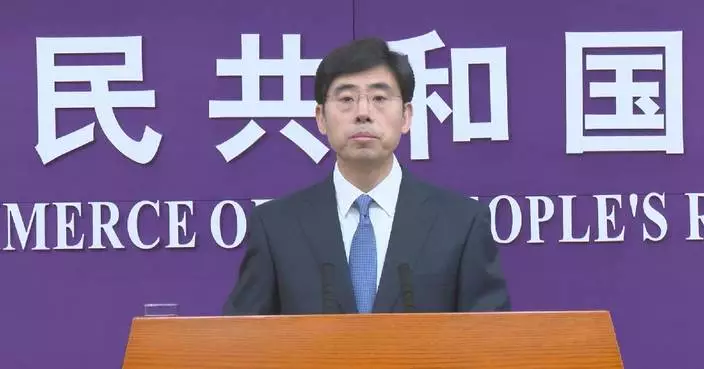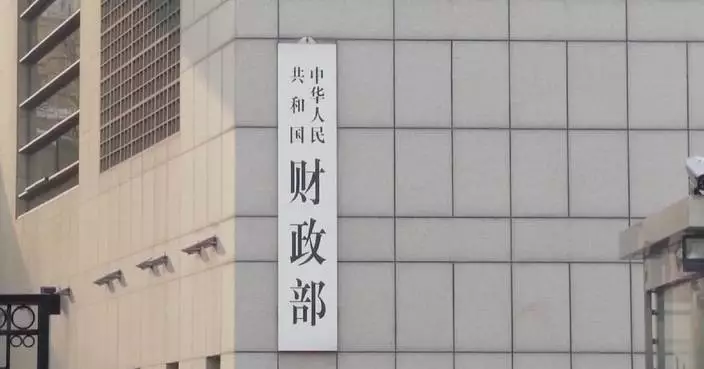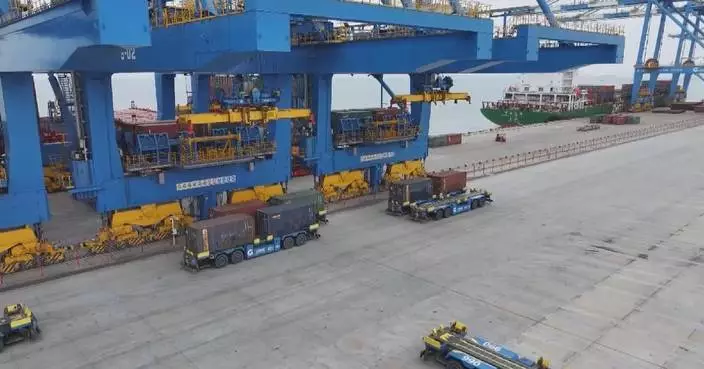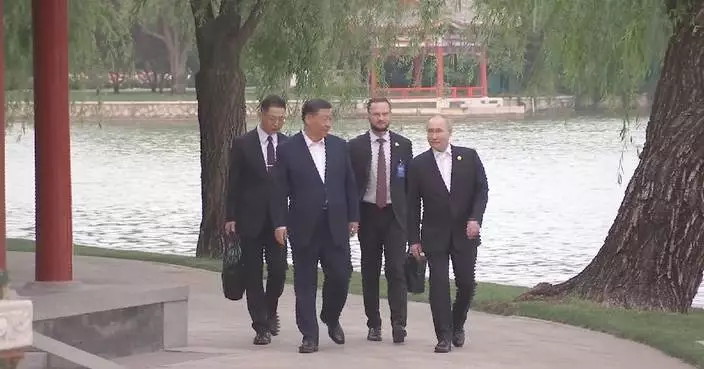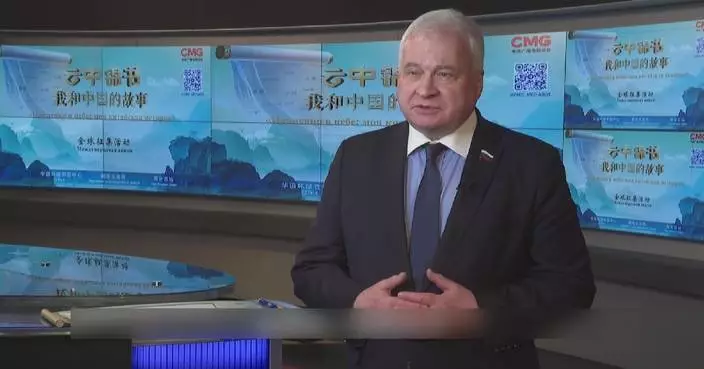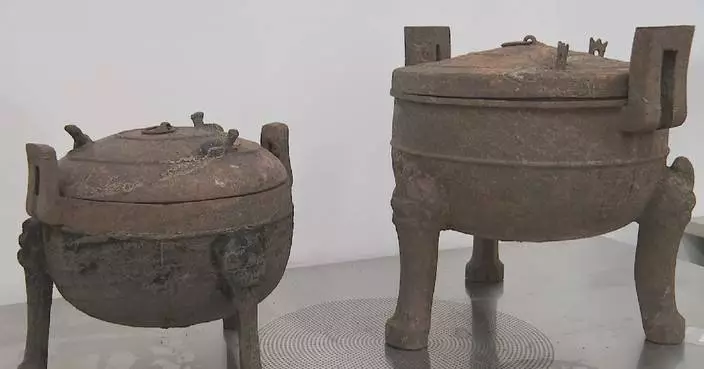An amateur rural football tournament known as “Cunchao”, or the Village Super League in southwest China's Guizhou Province, burst onto the nation’s sports scene last year bringing economic opportunities to local ethnic minority groups.
Highlights from the action on the field, and footage of the fantastic cultural performances before and during the games, have gone viral with more than 70 billion online views. More than 7.6 million spectators attended live league matches last year, generating nearly 1.18 billion U.S. dollars in tourism revenue, accounting for about 90 percent of Rongjiang County's GDP.
Games, played between Friday and Sunday, feature halftime performances, including dancing and singing by local minority groups, Chinese Opera, and even traditional art from other countries - free admission, free water and free snacks add to the fun.
A recent league fixture saw four matches played on the same day, including a game between Guizhou University international students’ team and a workers’ team from a rice noodle factory in east China's Jiangxi Province.
"It was a tough game, tough game. The other team were very good, much better than us. I think they played together much longer so we can learn a lot from them. The audience was good today. The atmosphere is very nice. It's the best atmosphere I've played at in Cunchao," said David Geary, a football player from Guizhou University.
The passion for football in Rongjiang County can be traced back 80 years, and a county-level league has been in existence for three decades. Local communities provide the majority of the players, with many starting at a very young age.
Yang Yajiang, the principal of a local primary school and the vice president of the Football Association of Rongjiang county, is one of the initiators of the Village Super League. He said that in addition to spurring the public passion for sports, the organizers also hope to promote the traditional culture of the ethnic groups in Guizhou.
"The Village Super League is an informal event organized by our villagers. We do feel a lot of stress after it went viral. We are thinking about how to integrate our unique culture into the competitions. We know the pure joy of sports that attract people, so we want to stick to it," said Yang.
The new football field at Yang's school was donated by the rice noodle company in Guangzhou, which fielded the team that took on the international students and is looking to expand its business on the back of its involvement in the league.
"We carried out some commercial surveys while playing football. Apart from donations, we are thinking about other cooperation too. In the short term, a rice noodle production base will be suitable here," said Hu Yan, an employee of Guangzhou Zhongxu Future Technology Company.
Located on the west of the Guangdong-Hong Kong-Macao Greater Bay Area, Rongjiang is a popular destination for investors especially in the tourism sector.
The number of tourist beds in the county has increased to 10,000, double that of last year, while the government has added 2,000 food stalls for local businesses to lease out and help feed the growing numbers of tourists.
"We are from northeastern China. My whole family are here, five of us. We came for this famous food street in particular. Guizhou is so special. We are going to stay longer," said a tourist.
Ethnic minorities account for more than 84 percent of Rongjiang’s residents, with China’s largest population of people from the Dong ethnic group. The culture and architecture of the Dong people have made this place one of the most well-known tourist destinations, including now for sports fans who want to add some cultural elements to their sports trip.
In some villages that are not so rich in tourism resources, people have also found ways to share the economic opportunities brought by the Village Super League. In Yuezhai village, residents are preparing special snacks to take to the stadium ahead of games, an opportunity to promote their traditional delicacy.
"Today we are making glutinous rice and pickled bamboo shoots. Today is very hot. Eating this food can make the audience feel refreshed," said Zhang Aizhen, as she prepared the snacks.
The local government has invested more than 13 million U.S. dollars training social media influencers for each village, and has already incubated 12,000 new media accounts focused on rural revitalization. Zhang and her friends are also hoping to promote some local agricultural products when the time is right.
Rongjiang is a small county with only 385,000 residents, the people there always show their great friendliness to visitors who come from afar to experience the charm of football. When the hotel rooms are full, locals offer rooms in their houses to tourists for free. When there are not enough seats for spectators, they choose to watch the game at home, leaving the auditorium seats for tourists.

Grassroots football league bringing joy and prosperity to Guizhou




